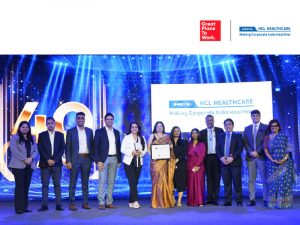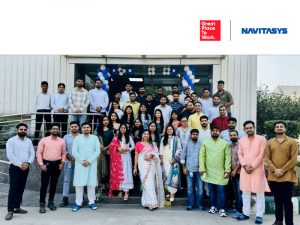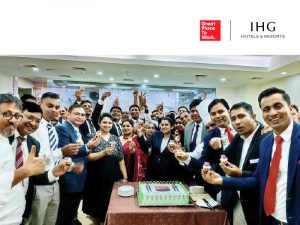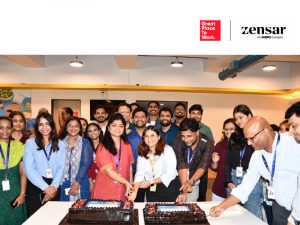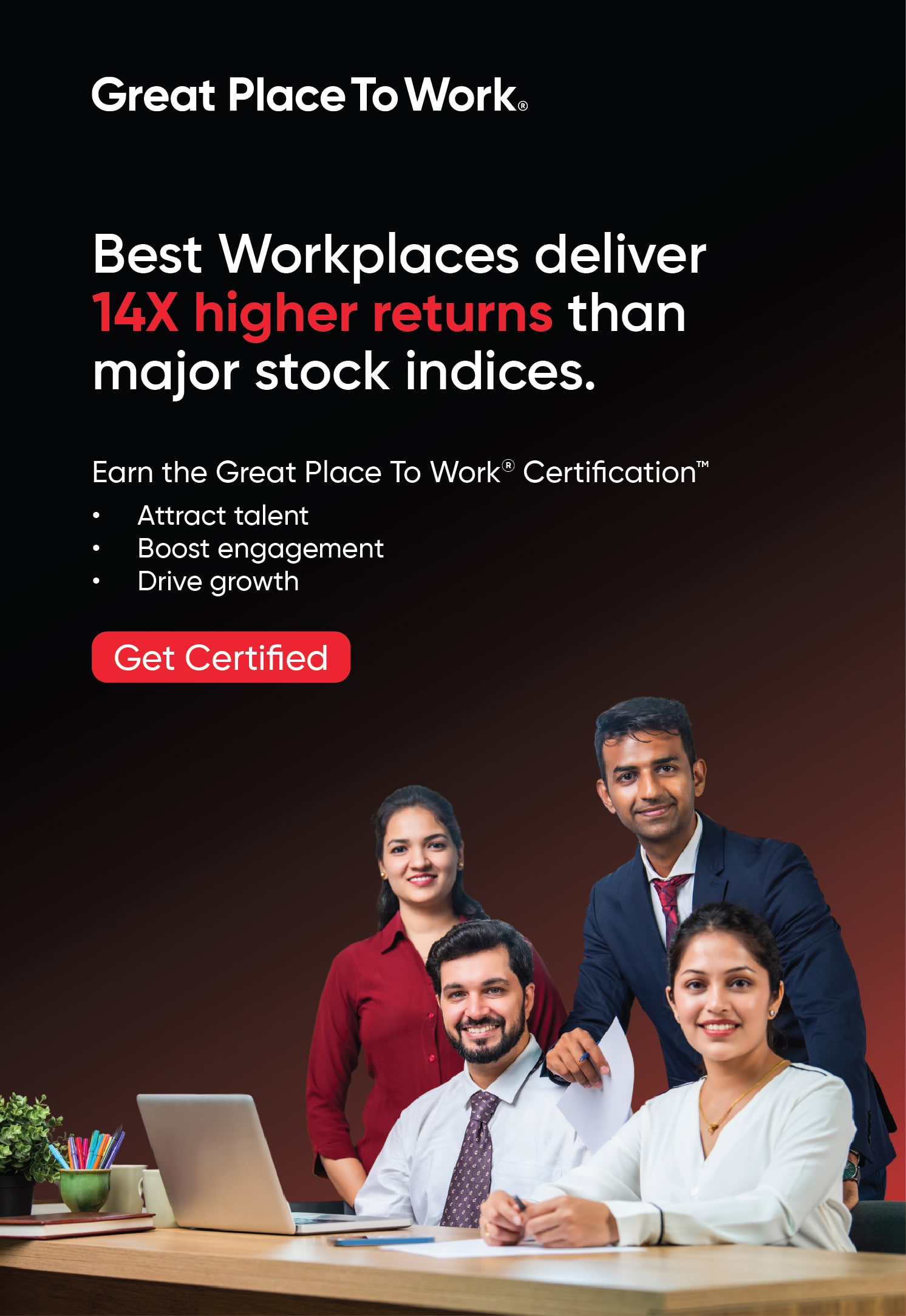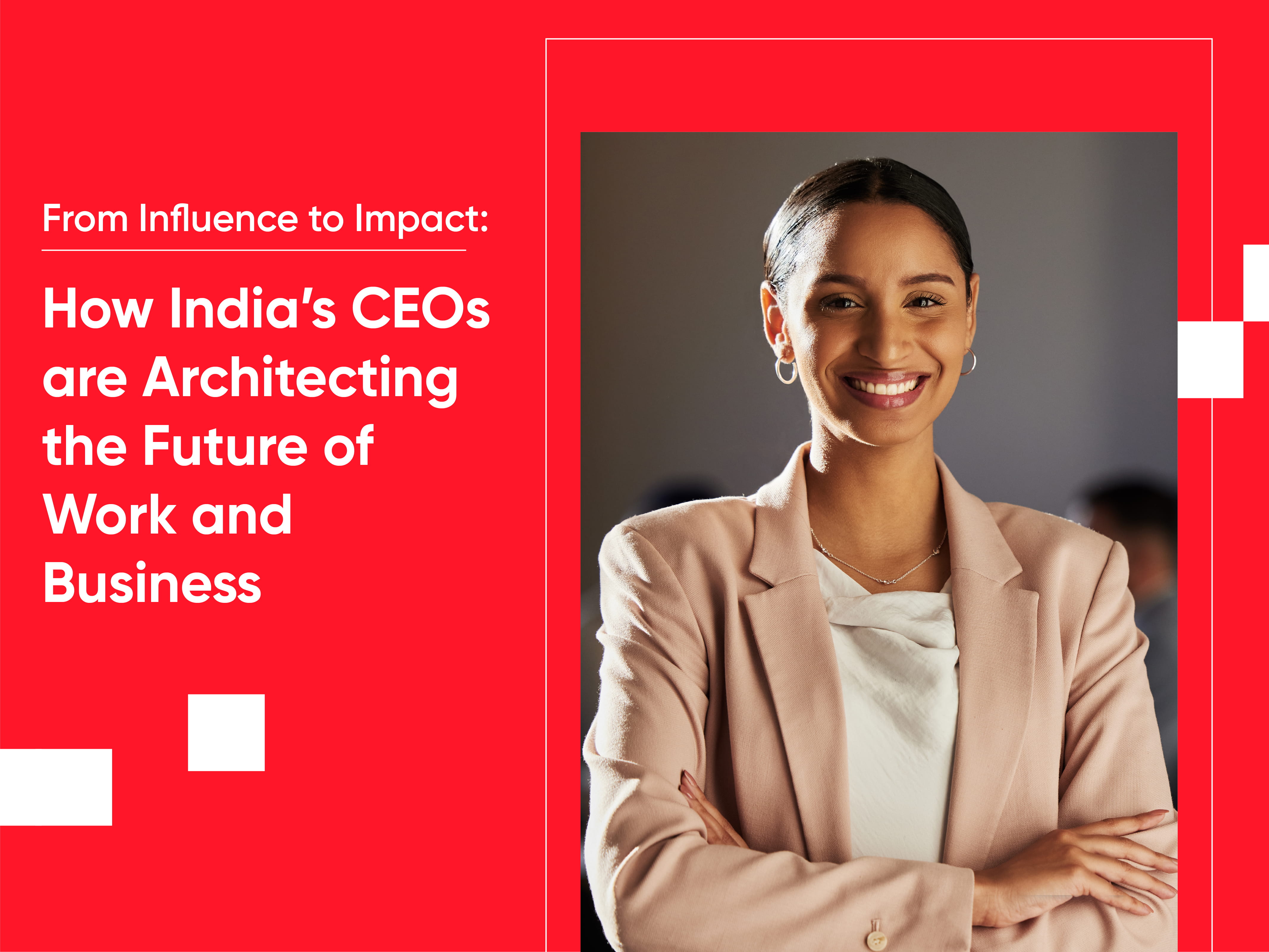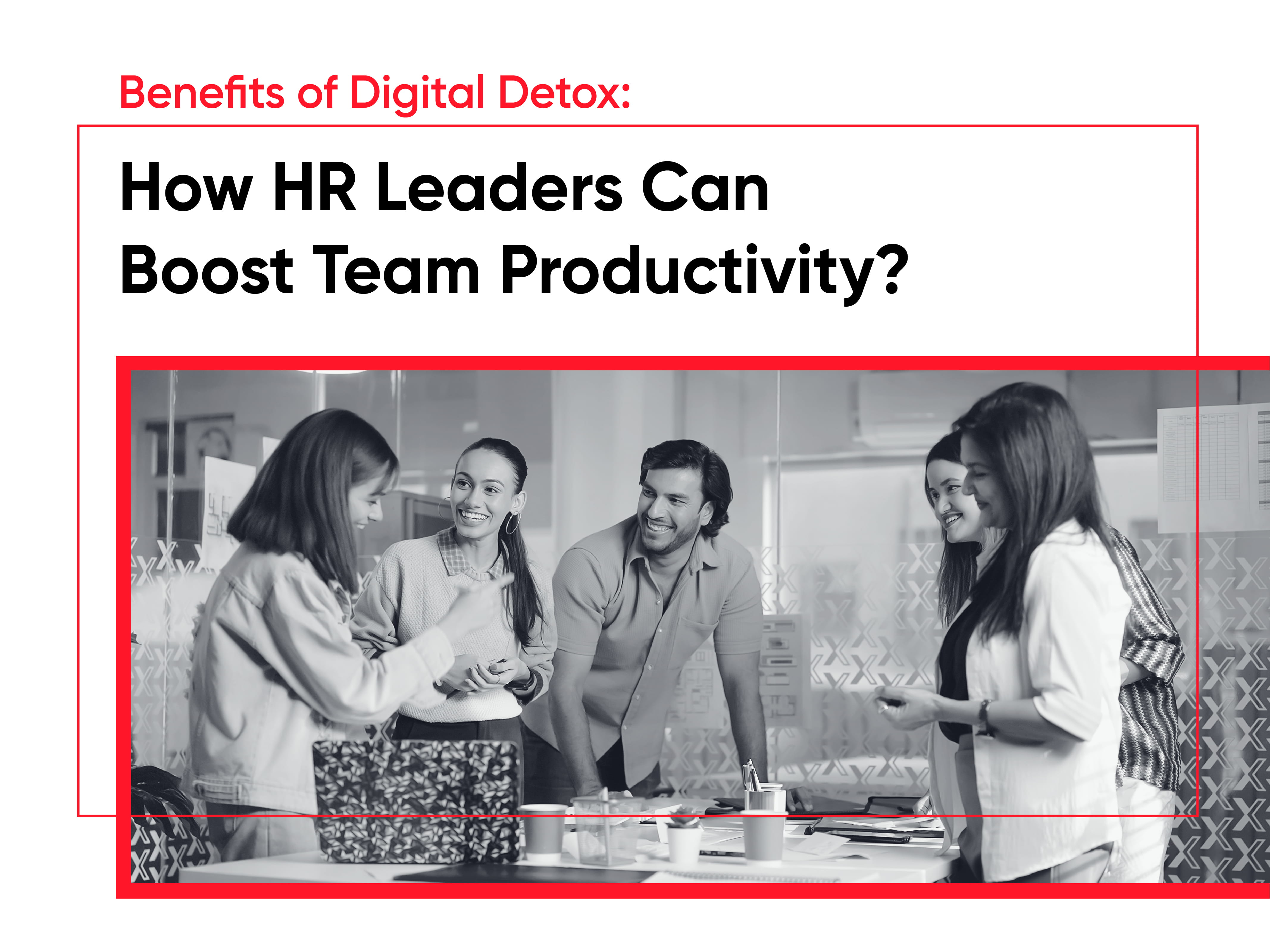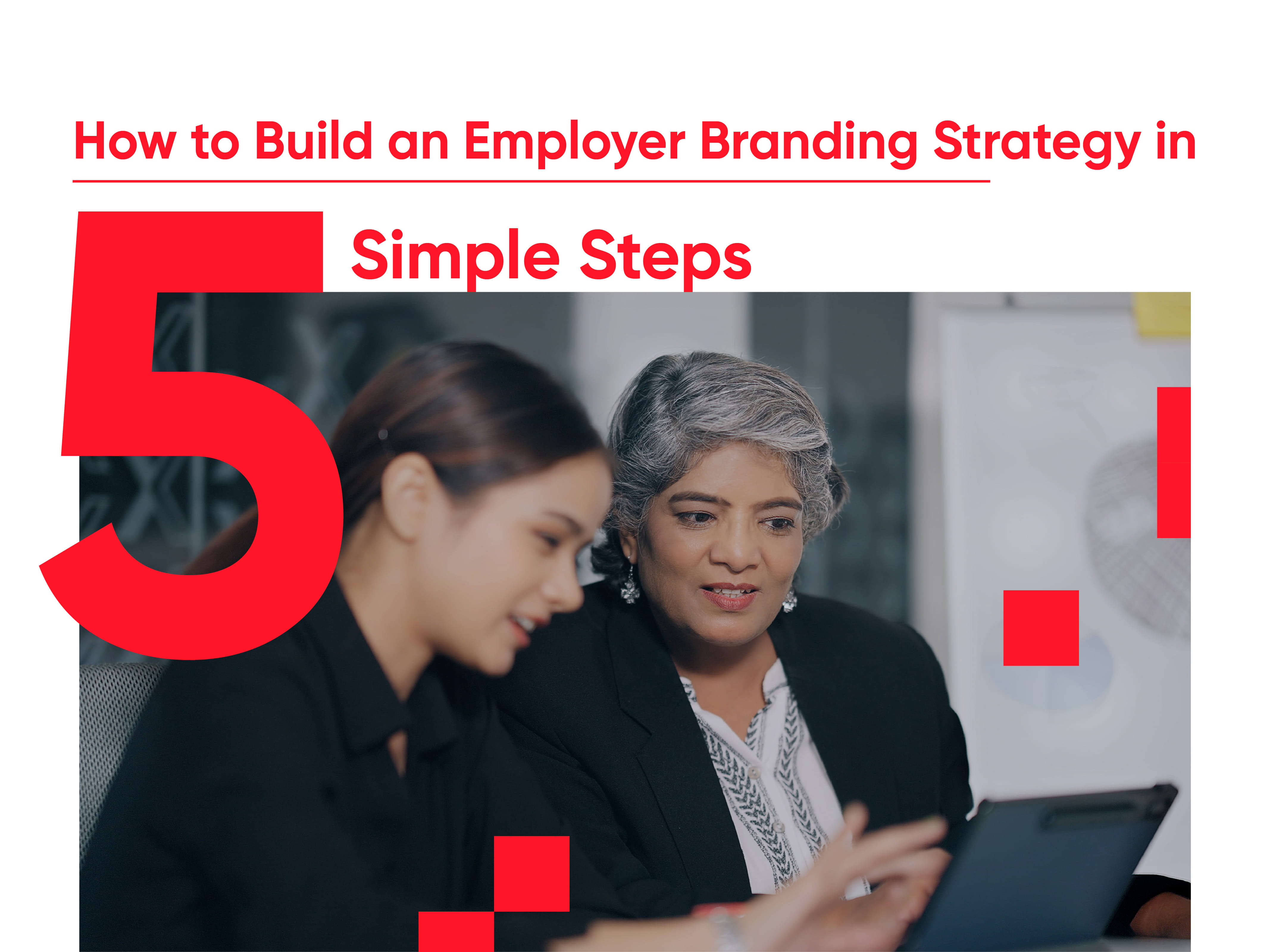Every few years, a fresh wave of individuals enters the workforce, each bringing its own unique blend of characteristics, traits, and values. In the past, Baby Boomers prioritized job security, Generation X emphasized achieving a balance between work and personal life alongside professional advancement, and currently, Millennials and Generation Z place importance on various aspects such as a company’s ethical stance and maintaining a healthy work-life balance. These distinctions significantly shape how employees interact with each other and how they are managed within organizations.
According to Johns Hopkins, a significant portion of the workforce currently comprises Baby Boomers (19%), Generation X (35.5%), and Millennials (39.4%). With individuals from this section reaching 65 every day, by 2030, it’s projected that Generation Z will constitute approximately 30% of the workforce. Their innovative perspectives on work and technology are poised to significantly impact our work environments in the near future. Hence, recognizing and appreciating the similarities as well as the distinctions is essential for employers seeking to create inclusive environments where diverse talents can thrive, ultimately driving innovation and success.
Greater Diversity, Equity, Inclusion & Belonging (DEIB)
Gen Z views DEIB as an aspiration and an indispensable cornerstone for a workplace that resonates with its core values and fosters its vision of a more equitable future. Furthermore, Great Place To Work® research underscores the profound impact of DEIB initiatives on employees’ sense of workplace wellness, with those in inclusive environments being 4x more likely to perceive their workplace as psychologically healthy. By prioritizing diversity, equity, inclusion, and belonging (DEIB), organizations attract and retain top Gen Z talent and cultivate an environment where all employees can thrive, innovate, and contribute their fullest potential to the organization’s collective success.
Recognize the importance of diversity beyond traditional demographics by including neurodiversity alongside gender, race, and sexual orientation in DEI programs. Demonstrating a commitment to understanding and supporting Gen Z’s diverse workforce strengthens retention efforts.

Focus on Flexibility & Mental Health
Gen Z values work-life balance and autonomy in the workplace. Despite their willingness to work hard, they seek flexible schedules to accommodate personal needs and career development. Research indicates that 73% of Gen Z employees prefer permanent flexible work options, such as remote or hybrid arrangements. These alternatives enhance productivity and alleviate stressors like heavy workloads and poor work-life balance, contributing to improved mental health. Employers can support Gen Z’s holistic well-being by embracing flexible work models while fostering a more engaged and productive workforce.
Gen Z employees prioritize access to mental health services and a workplace culture that fosters well-being. This entails establishing stigma-free environments and integrating mental health initiatives across the organization to cater to personal and professional wellness needs. Moreover, when employees do not experience burnout, they are twice more likely to be happier and contribute more to the organization.

Focus on Engagement & Fair Pay
Engagement activities play a pivotal role in the workplace, especially when it comes to Gen Z employees. By incorporating engaging activities into the workplace culture, companies can foster a sense of belonging and loyalty among Gen Z employees.
Commitment to equal pay reinforces employer attractiveness to Gen Z. Offering fair compensation aligns with their values and increases the likelihood of employee retention.

Gen Z employees seek career advancement and financial security, valuing mentorship and training programs. They prefer companies offering guidance, development opportunities, and supportive leadership.
As today’s young employees ascend into future leadership roles, companies must adopt innovative strategies to accommodate the needs of Generation Z employees. By gaining a deeper understanding of their perspectives and adapting accordingly, organizations can bridge generational gaps and foster environments conducive to the success and satisfaction of all employees. Visit us here to learn more.



